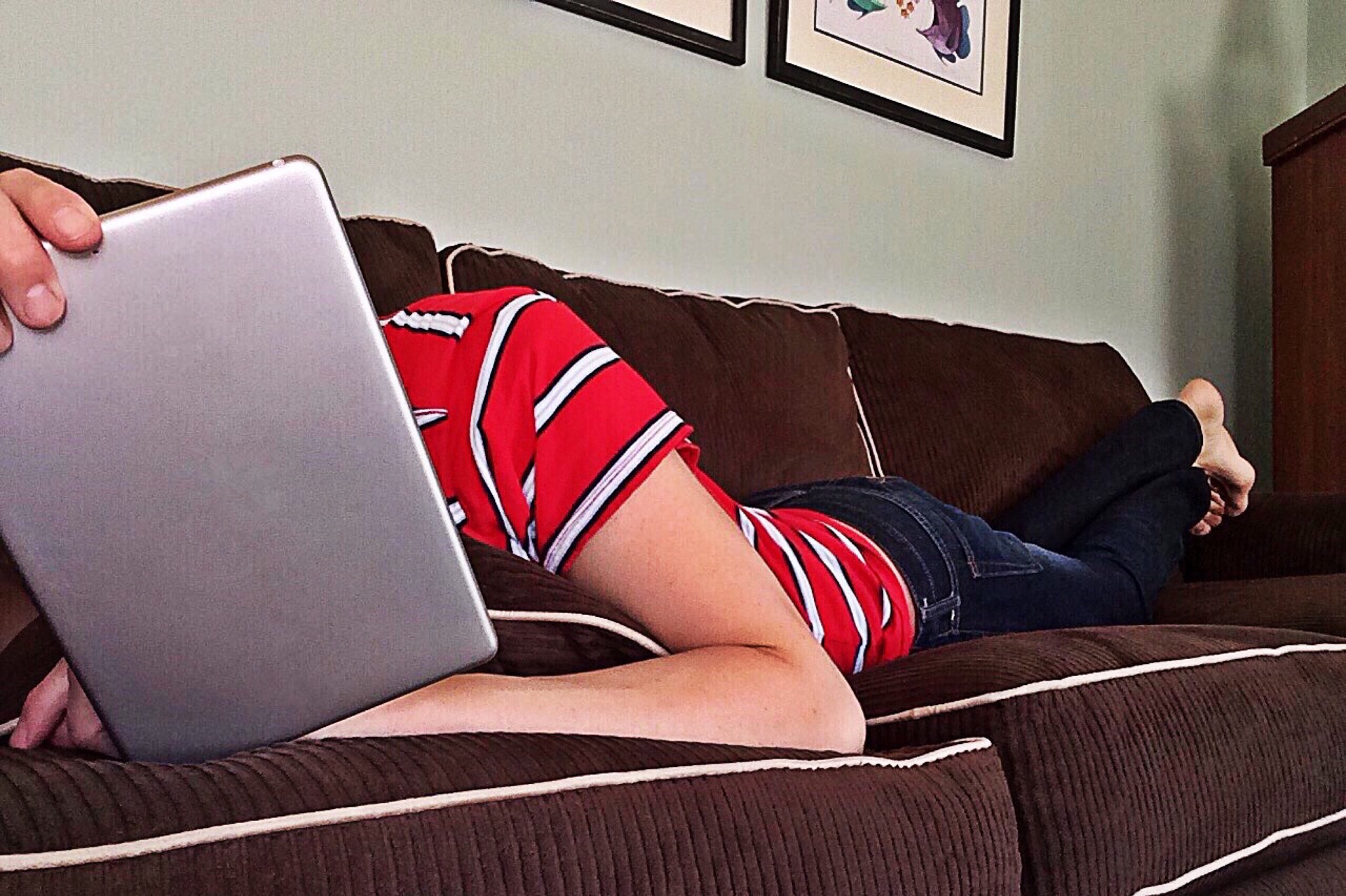Surprisingly, there are no specific laws in the UK governing when you are able to leave a child alone at home or in a car unsupervised. However, according to The Children and Young Persons Act 1993 and several other laws, it is a criminal offence if leaving them alone puts them at risk of harm, whether that is through an injury or poor health.
Personal judgement
Children mature at different times. One child may mature young and feel confident enough to be left alone and be happy for hours, whereas another may feel panicked at the prospect of even 10 minutes. When children panic, they can make dangerous decisions such as leaving the house or car to seek help, putting them in an unpredictable situation and possibly into unsafe public places.
Ultimately, it is down to the personal judgement of the parent or guardian as to what they deem to be appropriate and take adequate action to avoid the risk of any harm.
Helpful guidelines
The NSPCC (National Society for the Prevention of Cruelty to Children) state the following guidelines:
- If your child is under 12, they should not be left alone for prolonged periods of time. This is because they are rarely mature enough to handle this situation at such a young age.
- Children under 16 can be left at home alone but should not be left by themselves overnight.
- Babies, toddlers and young children should never be left alone, even for short periods.
A few questions to ask yourself
Every child is different, so to make things easier for yourself, ask yourself the following questions:
- Is this my only option? Is there a neighbour, friend, family member or facility that could help me?
- Has my child ever been left alone before? If so, how did they react?
- How long will I be leaving my child?
- What would they do in case of emergency (fire, burglary, etc.)?
- Do they have sufficient skills to keep themselves out of danger? Think about cooking, electrics, heavy objects, etc.
Think about the answers to these questions. Houses and cars are full of potentially harmful items, and children can get themselves into all sorts of trouble very quickly.
Other options
If you work:
Some companies give their employees childcare vouchers as a benefit, so it may be worth checking with your Human Resources department to see if this option is available to you.
While it’s still a new concept that is generally only offered by much larger companies, ‘in-house’ childcare is starting to gain popularity. It is becoming more commonplace for businesses to offer a creche facility or allow employees to bring children to work when they need to.
If you study:
Many colleges and universities offer options for parents to help them with childcare. Speak to student advisors and well-being counsellors to explore your options and see what is available.
Additionally, many schools offer extra childcare facilities such as breakfast clubs in the morning, stay and play or homework clubs in the evenings, and ranges of schemes over the summer and other school holidays.
Of course, nobody else knows your child’s maturity level better than you. It’s safe to say that if you have a baby or young child, you should never even consider leaving them alone.
If you regularly have to leave your child alone, or you are just not sure about how these rules apply to your situation, consult a family lawyer for further advice.
